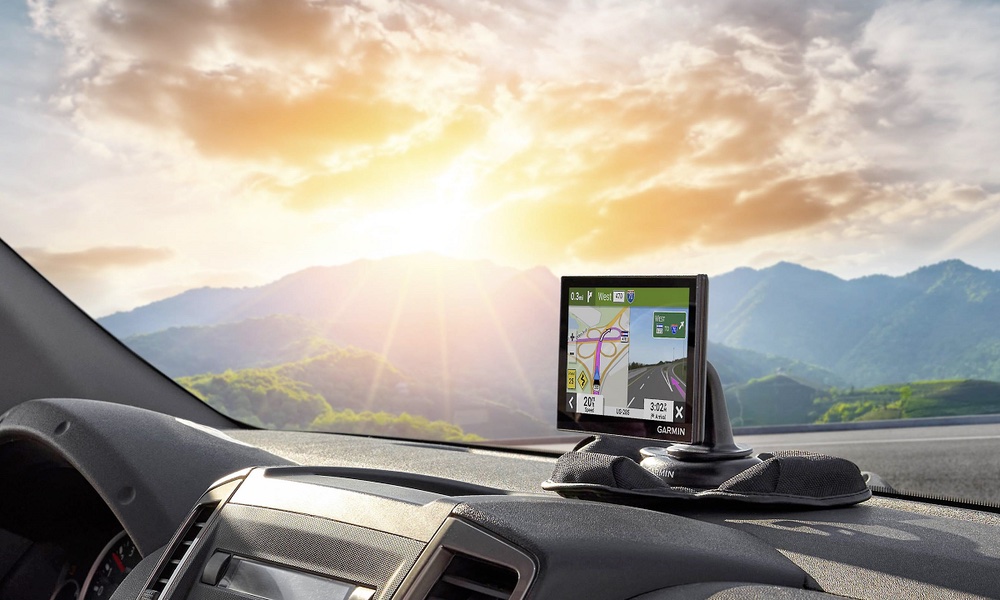We all have people we have lost touch with — friends and acquaintances from our past, such as former classmates and coworkers.
And while we might think about contacting old friends, many of us hesitate to initiate contact after a long time because we are not sure how the gesture will be received.
This concern is unfounded, the findings of a new set of experiments show. People who took the initiative and reached out to a friend via email, text or phone significantly underestimated how welcome their effort was. And the bigger the surprise of the communication, the more appreciated it was.
“People are fundamentally social beings and enjoy connecting with others,” Peggy Liu, the lead author, told TheDoctor. “There is much research showing that maintaining social connections is good for our mental and physical health. However, despite the importance of social connections, our research suggests people underestimate how much others appreciate it when they reach out to them.”People underestimate how much others appreciate it when they reach out to them.
The researchers conducted a series of 13 experiments with almost 6,000 participants to determine how accurate people are at estimating others’ appreciation of their attempts to connect. The experiments also looked at the factors that affect how much people appreciate others’ efforts to check in after a long period of time.
In one experiment, half of the participants recalled the last time they reached out to a person in their social circle to catch up after not hearing from them for a while. The others were asked to recall a situation where someone had reached out to them. All participants were asked to rate on a seven-point scale — with one being “not at all appreciated” and seven being “appreciated to a great extent” — how much they thought the person to whom they reached out appreciated the gesture or how much they appreciated receiving a message from them.
In other experiments, participants sent a note, with or without a small gift, to someone they had not spoken to in a long time. Much like the first experiment, participants were told to rate how much they thought the gesture would be appreciated by the recipient. After the notes and gifts were sent, the recipients then reported how much they appreciated the gesture.
People often worry that their friend will think their reaching out will be considered strange, or they may worry about what to say, Liu, the Ben L. Fryrear Chair in Marketing and an associate professor of business administration at the University of Pittsburgh, explained. “I sometimes hesitate to reach out to my pre-pandemic social circle for a variety of reasons. When that happens, I remind myself that other people may want to reach out to me and hesitate for the same reasons. I tell myself I would appreciate it so much if they reached out to me, and there is no reason to think they would feel differently if I reached out to them.”
The fact that the contact is a surprise makes hearing from their friends even sweeter. Surprise tends to amplify how people feel, Liu explained. “Recipients of communication placed a greater focus on the element of surprise, and the increased focus on surprise increased their feelings of appreciation.”
It’s worth noting the study examined simple friendly communications, not those with about business or other concerns. Such cases may depend on the type of relationship the two people have and the values they share. The team is currently studying how sharing an experience with others, versus experiencing it on their own, shapes people’s choices.
The study is published in the Journal of Personality and Social Psychology.





